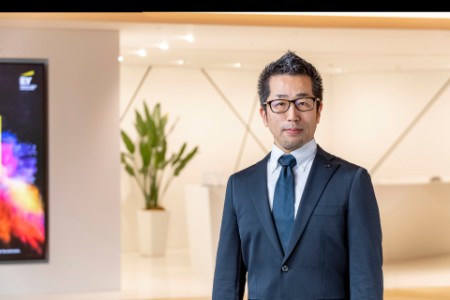Chikara Okada built his knowledge of import/export procedures, customs duties and domestic consumption taxes covering imported goods during his time as a Registered Customs Specialist at a major logistics company.
After becoming a Japan Certified Public Tax Accountant, he joined a major tax management firm, where he established an indirect tax department providing specialized services.
Chikara then joined Ernst & Young Tax Co. as a partner in the Indirect Tax Department. He provides tax advisory services to Japanese and multinational companies regarding customs duties and consumption taxes covering their domestic and overseas business activities.
He is involved in experienced efficiency planning regarding industry-specific customs duties and consumption taxes while also providing experienced digital support, including technology-based VAT/GST compliance services and consumption tax advisory services related to ERP implementation support.
Chikara graduated from the Department of German Studies at Sophia University’s Faculty of Foreign Studies.
Building a better working world
According to official documents published by the Japanese Ministry of Finance, Japan’s ratio of tax receipts from direct taxes relative to indirect taxes has increased steadily in recent years. It is approaching levels similar to the indirect tax-heavy systems used in Europe.
As a result, I expect indirect tax management to move up the agenda of CFOs as companies devote more attention to indirect taxation. I also expect it to become necessary for parent companies to expand their risk management and tax efficiency planning, including at their group companies in Japan and overseas.
Indirect taxation cannot be handled as an afterthought; it requires professionals who can guide the work of CFOs. As one such professional I aim to contribute to building a better working world while supporting businesses through the future emergence of taxation models that emphasize indirect taxation.


